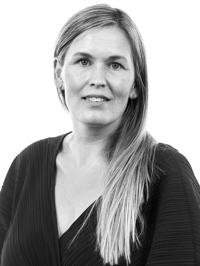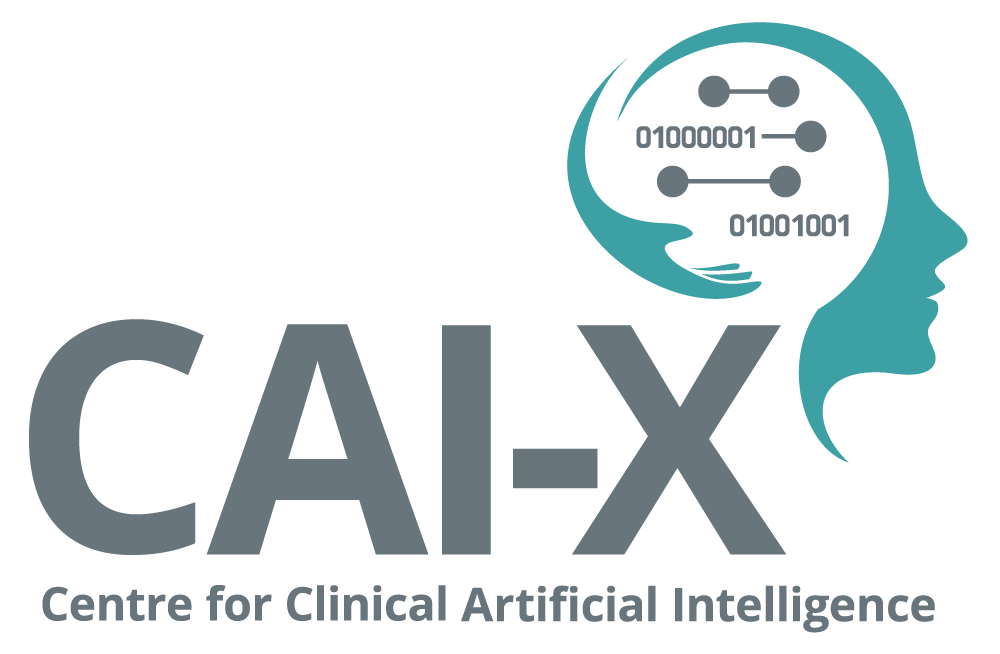ALIVE - analysis of lymph nodes with AI
Each year, 16,000 Danish citizens die from cancer. Cancer cells often spread through the lymphatic system, and thus the lymph nodes can play a crucial role in both the detection and tracking of the spread of several types of cancer. It is estimated that 30-50% of all cancer patients have lymph nodes analysed during their course of their examination and treatment.
Project period
Start: 1 February 2024
End: 1 November 2024
At Odense University Hospital, 80,000 tissues samples are examinated each year. 2,500 of these are related to the lymphatic system with approximately 25,000 lymph nodes analysed annually. The examinations assess lymph node samples for indicators of metastatic cancer, but the number of samples is increasing and becoming more complex. The increased workload, in combination with a shortage of clinical pathologists, gives rise to a need for solutions that can reduce the time spent on analysis of the tissue samples. This way, diagnosis and treatment can continue to be done in a timely fashion.
Aim
The Region of Southern Denmark is the first region in Denmark to have implemented a fully digitalised pathology system replacing the traditional microscopes, leading to new technological possibilities in pathology diagnostics. One of these possibilities is the application of artificial intelligence (AI) in the diagnosis of lymph node metastasis.
AI can be useful in this area as lymph nodes represent a large sample volume, are analysed in many types of cancer, and are visually homogeneous, making them suitable for AI analysis.
The aim of ALIVE is therefore to develop an algorithm that can identify and classify lymph node tissue samples into "low risk" (expected benign) and "high risk" (expected malignant). This in order to help improve the efficiency and accuracy of diagnosis.
Participants
The project is lead by the Department of Pathology at Odense University Hospital, and together with researchers from the Department of Mathematics and Computer Science at University of Southern Denmark (SDU) they will develop the algorithm, which will then be clinically tested in the digital pathology workflow at the department.
CAI-X supports the project with project management and development of a commercialisation strategy.
Funding
The project has received funding from the national innovation platform Beta.Health, sponsored by the Novo Nordisk Foundation.

Sönke Detlefsen
Professor, Chief Physician
Odense University Hospital, Department of Pathology
(+45) 6541 4822 sonke.detlefsen@rsyd.dk

Richard Röttger
Professor
University of Southern Denmark, Department of Mathematics and Computer Science
(+45) 6550 2337 roettger@imada.sdu.dk

Maiken Overbeck Wolderslund
Project Manager
Odense University Hospital, Dept. of Clinical Development - Innovation, Research & HTA
(+45) 5114 9255 maiken.wolderslund@rsyd.dk
